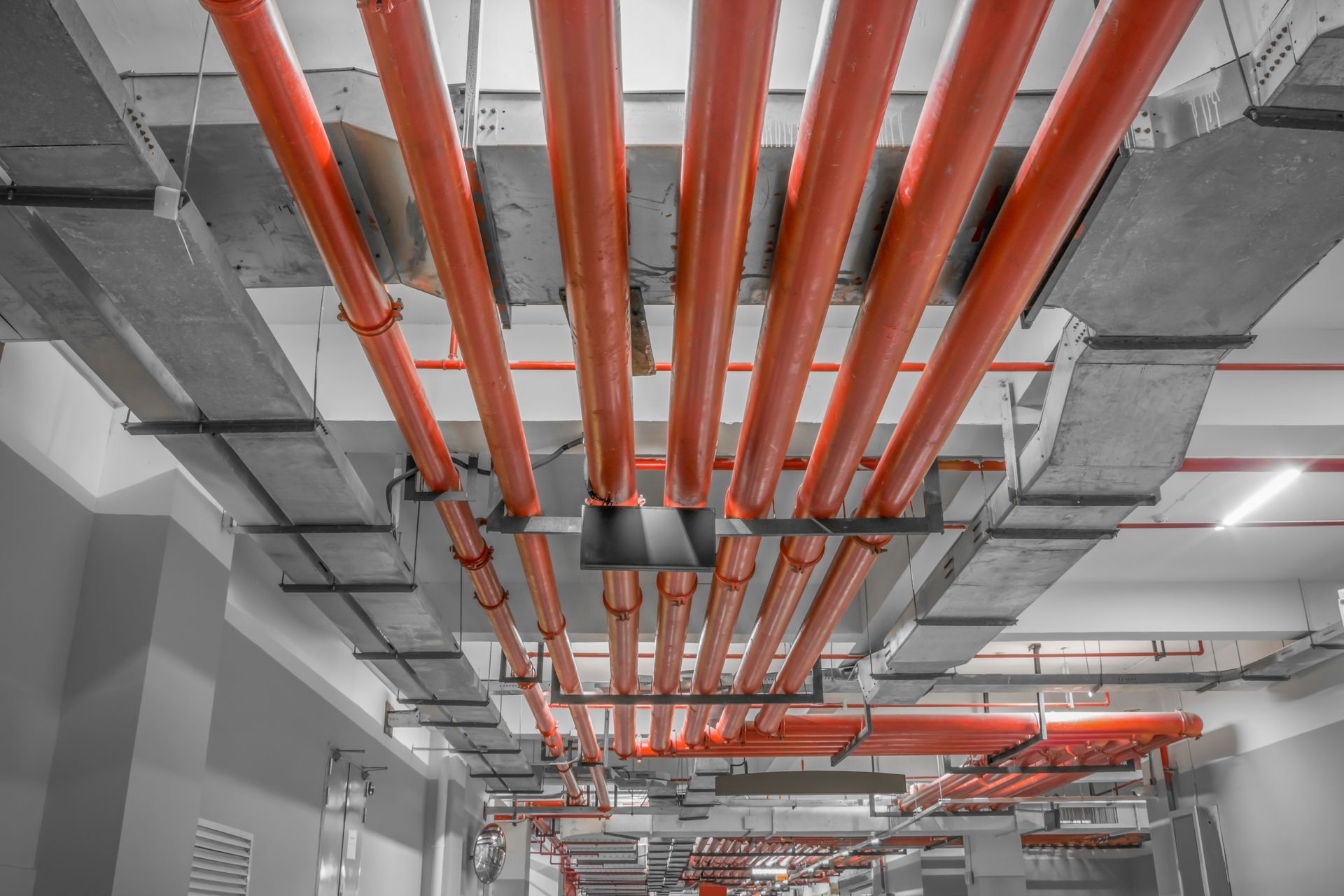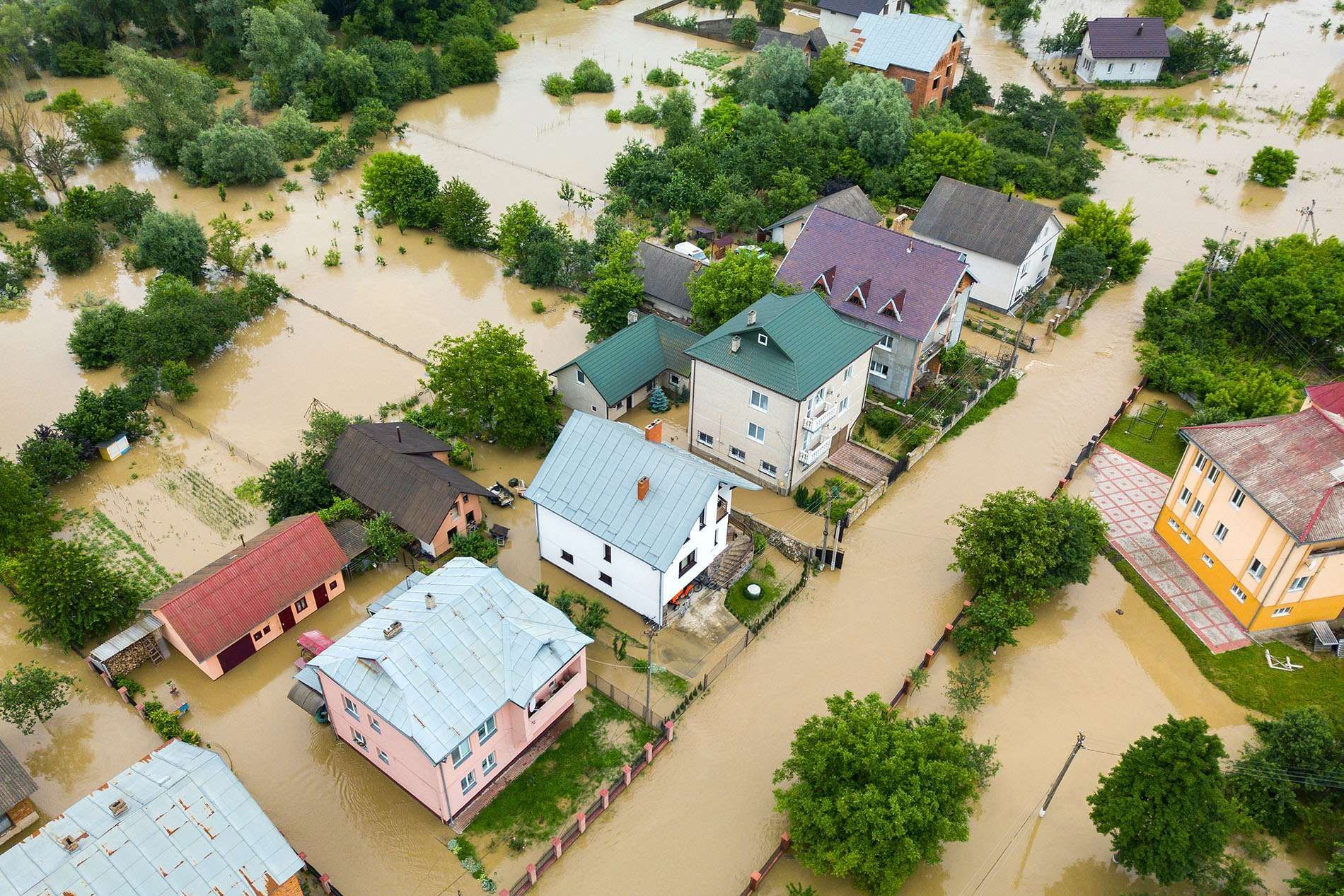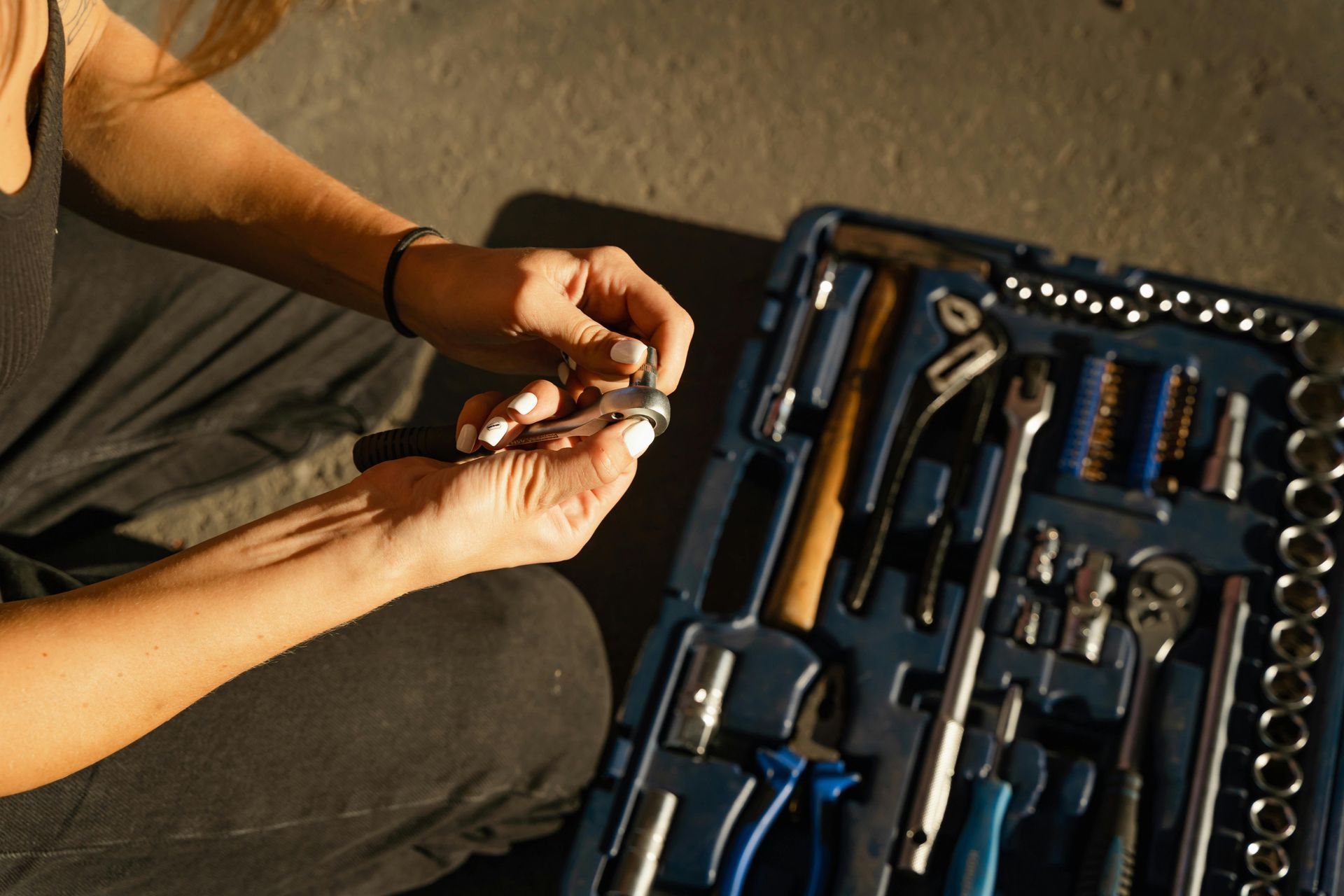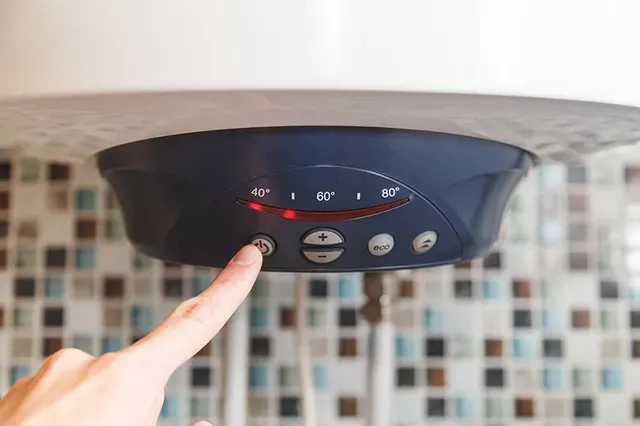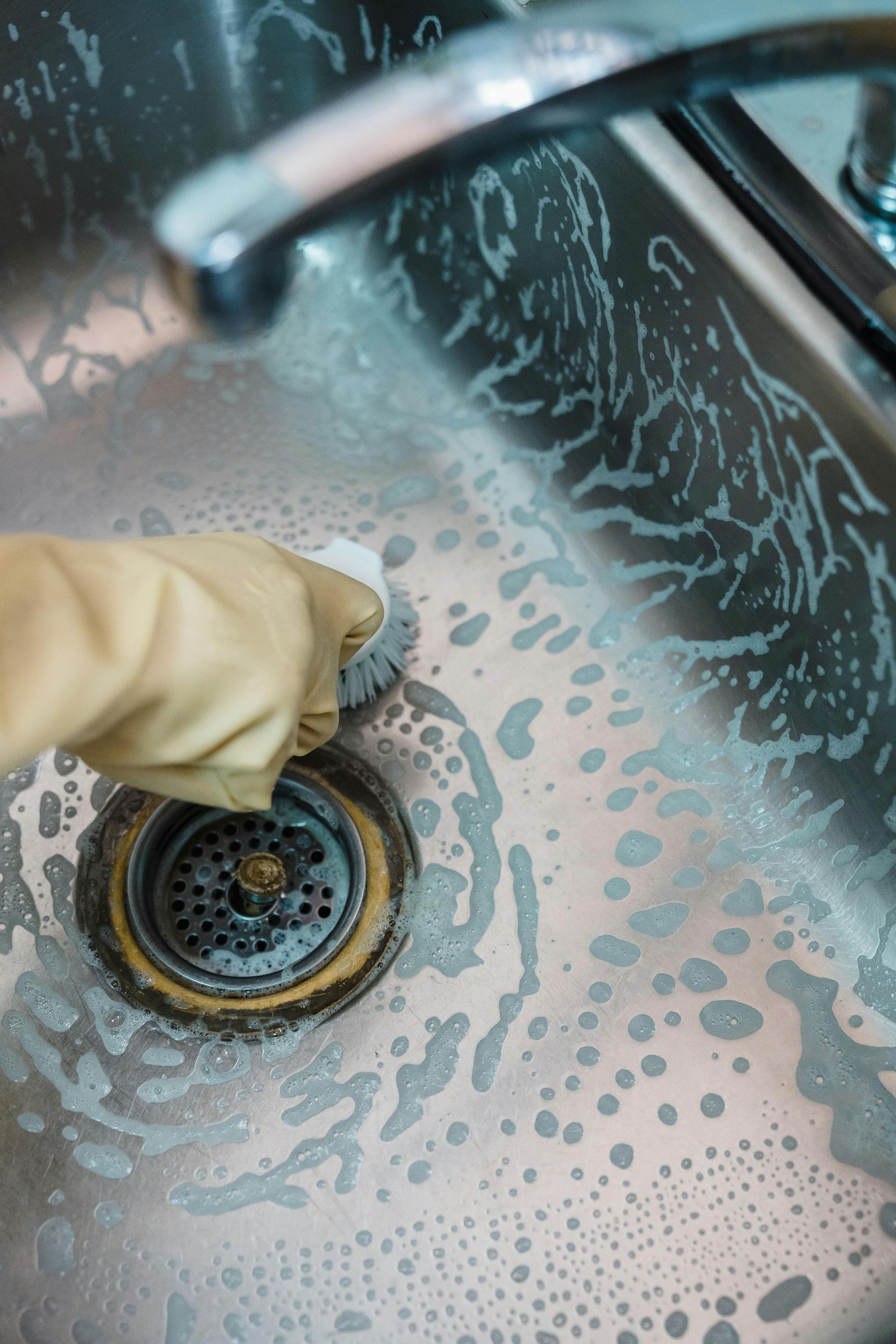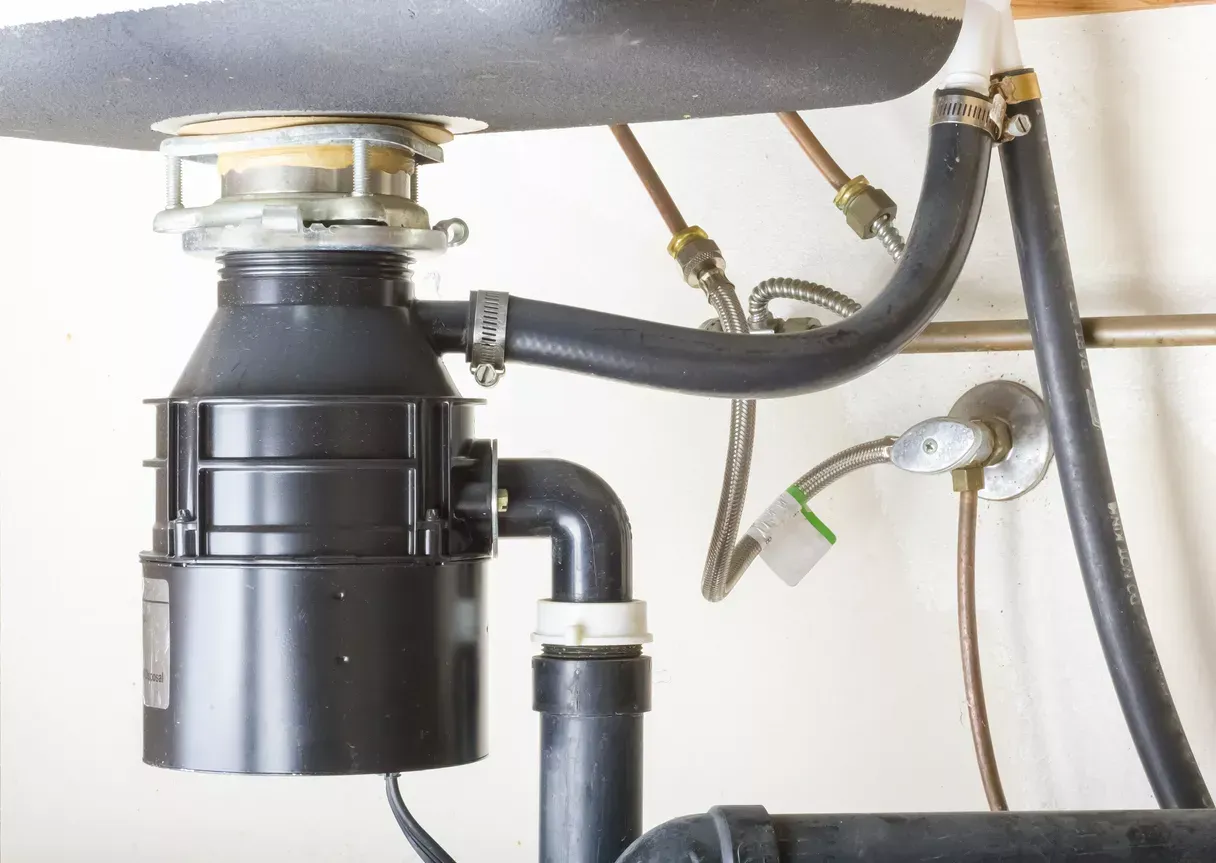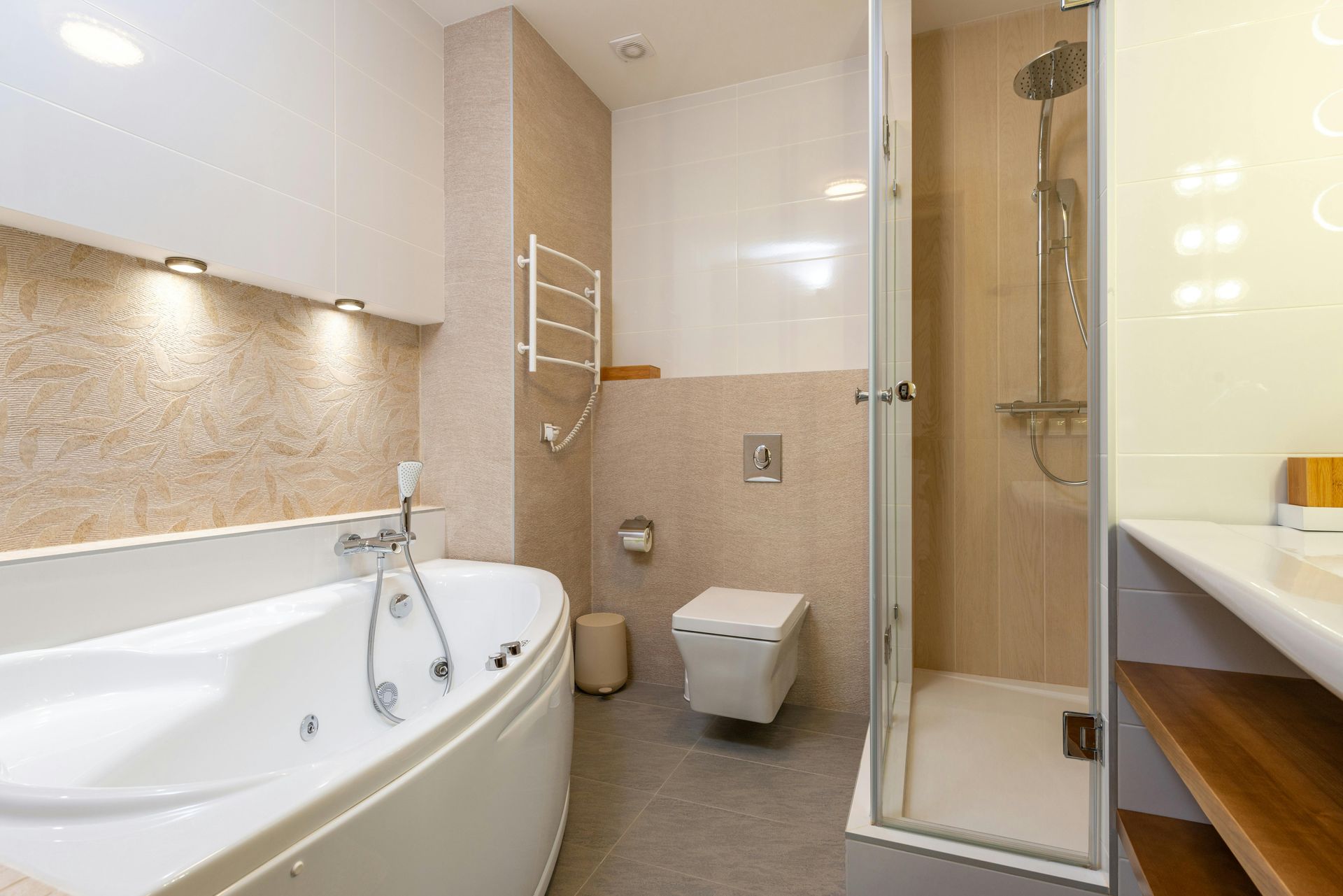How to Handle a Broken Water Line: 8 Essential Steps for Homeowners
A broken water line is a serious issue that can lead to flooding, water damage, and even health risks. Whether the break happens inside your home or underground in your yard, quick action is crucial to prevent further damage. In this guide, we’ll explore the steps you should take if you experience a water line break, from shutting off the water to documenting the damage and contacting professionals.
Signs of a Broken Water Line
- Low Water Pressure: A sudden drop in water pressure throughout your home can indicate a broken water line.
- Unexplained Water Puddles: Pools of water in your yard or home without an obvious source may signal a hidden leak.
- Increased Water Bills: A sudden spike in your water bill without a change in usage could mean water is leaking underground.
- Damp Walls or Floors: Moist or discolored areas in your home, especially in places without plumbing fixtures, suggest a potential water line issue.
- Foul Smells: Stagnant water from a broken line can create unpleasant odors around your property.
What broken waterline can lead to?
A broken waterline can lead to significant risks, including water damage to your property, such as flooded basements, damaged walls, and weakened foundations. It can also cause mold growth, which poses health hazards to occupants. Additionally, a broken waterline wastes large amounts of water, leading to higher utility bills. Left unchecked, the problem can escalate, resulting in expensive repairs and potential contamination of your water supply, posing a risk to your health. In extreme cases, it can even lead to sinkholes or structural instability due to soil erosion around the break.
Risks of a Broken Waterline:
- Water damage: Can cause flooding, damaging walls, floors, and foundations.
- Mold growth: Increases health risks due to damp conditions.
- Higher water bills: Wasted water leads to increased utility costs.
- Water contamination: Potential for pollutants entering the water supply.
- Structural issues: Soil erosion can lead to sinkholes or foundation instability.
What Causes the Main Waterline to Break?
- Aging Pipes: Older pipes are more prone to corrosion and wear, leading to cracks or breaks.
- Ground Shifts: Earthquakes, construction, or soil erosion can cause the ground to shift, putting pressure on the waterline.
- Freezing Temperatures: Water expands when frozen, causing pipes to crack or burst during extreme cold.
- Increased Water Pressure: High water pressure can strain the pipes, leading to potential breaks over time.
- Poor Installation or Materials: Incorrect installation or the use of substandard materials can weaken the waterline.
1. Shut Off the Water Supply Immediately
The first thing you should do when you discover a broken water line is to shut off the main water supply. This step is crucial to prevent additional flooding and water damage. Locate the main shutoff valve, usually found in your basement, garage, or outside near the water meter. Turn it off to stop the flow of water. Once the water is off, open all faucets to drain any remaining water from the pipes.
2. Call a Professional Plumber
Once the water supply is shut off, contact a licensed plumber who specializes in broken water lines. Water line repairs are complex, and attempting to fix the issue yourself could lead to more damage. A professional plumber will be able to assess the situation, locate the break, and recommend the most effective repair method. For underground breaks, the plumber may need to use special equipment to locate the exact point of damage.
3. Turn Off Electrical Appliances
If water from the broken line has entered your home, turn off any electrical appliances that may be at risk, especially if they are located near the water. This includes dishwashers, washing machines, and water heaters. For safety, you may also want to shut off the power at the circuit breaker if flooding is significant. Water and electricity are a dangerous combination, so taking these precautions is vital.
4. Check for Leaks in Walls and Floors
Water line breaks can cause leaks in less obvious places, like your walls, floors, and ceilings. Check for signs of moisture, such as damp spots or bubbling paint. These may indicate that the water has traveled beyond the immediate break point. If you suspect hidden leaks, it’s important to inform your plumber so they can thoroughly inspect the damage.
5. Examine the Water Meter
Your water meter can help you determine the extent of the leak and whether it’s located inside or outside your home. If the meter continues to run after you’ve shut off the water, the leak is likely between the meter and the house. If the meter has stopped, the break is likely inside your home. This information will be useful when explaining the situation to your plumber.
6. Document the Damage
Take detailed notes and photos of any visible damage, both inside your home and in your yard. This documentation is essential if you need to file an insurance claim. Be sure to capture every area affected by the water, including flooring, walls, furniture, and appliances. If water has reached your yard, document any signs of erosion or landscape damage.
7. Communicate with Your Neighbors
If you live in a residential area with shared water lines, notify your neighbors about the break, especially if the water supply has been disrupted. In some cases, a broken water line may affect multiple homes. Sharing information helps everyone stay prepared and allows them to take similar precautions, such as shutting off their water supply.
8. Call Your Insurance Company
Finally, get in touch with your insurance provider to report the damage. A broken water line may be covered under your homeowner’s insurance policy, depending on the cause and location of the break. Your insurance agent will guide you through the claims process, but having all your documentation ready will speed up the process.
When to Call a Professional
While shutting off the water and turning off electrical appliances are steps you can take immediately, repairing a broken water line is a job best left to professionals. Water line breaks, especially underground ones, require specialized equipment to diagnose and repair properly. Additionally, an expert will ensure the work is done safely and in compliance with local codes.
Preventing Future Breaks
Once your water line is repaired, it’s a good idea to take steps to prevent future breaks. Regular maintenance of your plumbing system, avoiding planting trees with invasive roots near water lines, and protecting your pipes from freezing temperatures are all effective strategies for preventing future damage.
By following these steps, you can minimize the damage caused by a broken water line and ensure that your home remains safe and functional while waiting for professional repairs. If you’re dealing with a broken water line, don't hesitate to contact a licensed plumber and take action quickly.
FAQs About Broken Waterlines:
How do I fix a broken water pipe?
- First, shut off the main water supply. Depending on the damage, you may need to repair small leaks with a pipe clamp or replace damaged sections using new piping. It's often best to call a licensed plumber for major repairs.
What causes the main water line to break?
- Main water line breaks are typically caused by aging pipes, corrosion, ground shifts, freezing temperatures, and increased water pressure. Poor installation or maintenance can also contribute to breaks.
Is it safe to shower during a water main break?
- It is generally not safe to use water during a water main break as the water may be contaminated. It's best to avoid using taps, including for drinking, showering, or cooking, until the issue is resolved.
How do I know if my water line is broken?
- Signs of a broken water line include unexplained water pooling in your yard, a sudden drop in water pressure, unusually high water bills, strange noises in the pipes, and discolored water coming from taps.
Also Read


